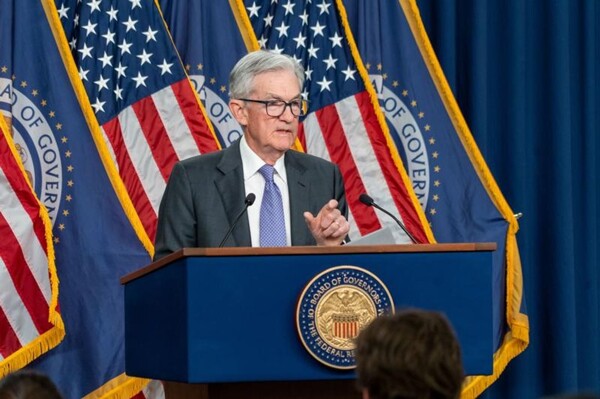
Rand Paul, Senator from Kentucky and former presidential candidate in 2016, has been appointed as the chairman of the Senate Committee on Homeland Security and Governmental Affairs. Paul, known for his critical stance on federal spending and national debt, plans to take actions based on the policies proposed by the virtual president-elect, Donald Trump. One of these measures includes reinstating the policy that requires asylum seekers to wait in Mexico until their hearing in a U.S. immigration court.
In his third term, Paul signaled his intention to prioritize the review of the origins of the COVID-19 pandemic, should he win the presidency of any committee. His focus will be on oversight and investigations to strengthen Congress’s role in defending the republic. Additionally, he will seek to address Trump's immigration policy, specifically the 'Remain in Mexico' rule for asylum seekers, which was rescinded by President Joe Biden in 2022.
The chairmanship of the Committee on Homeland Security and Governmental Affairs will allow Paul to have greater political influence. This appointment will be formalized when the new Congress begins in January. The senator, who has emphasized his stance in favor of limited government, has been critical of governmental policies during the pandemic, considering them excessive.
Among his goals as committee chairman is to conduct bipartisan oversight and investigations with tangible results. Paul, an ophthalmologist by profession, has also opposed governmental regulations that he considers harmful to the economy. Despite his popularity in Kentucky, he recently suffered a political defeat regarding the allocation of public funds for private educational institutions.
Paul's appointment as chairman of this committee will allow him to expedite the confirmation of major Trump nominees, such as Governor Kristi Noem. Trump has nominated Noem to lead the Department of Homeland Security, a key position in his immigration policy agenda. Paul, who was first elected in 2010, has stood out for his libertarian positions in the Senate and his skepticism towards government surveillance programs.














